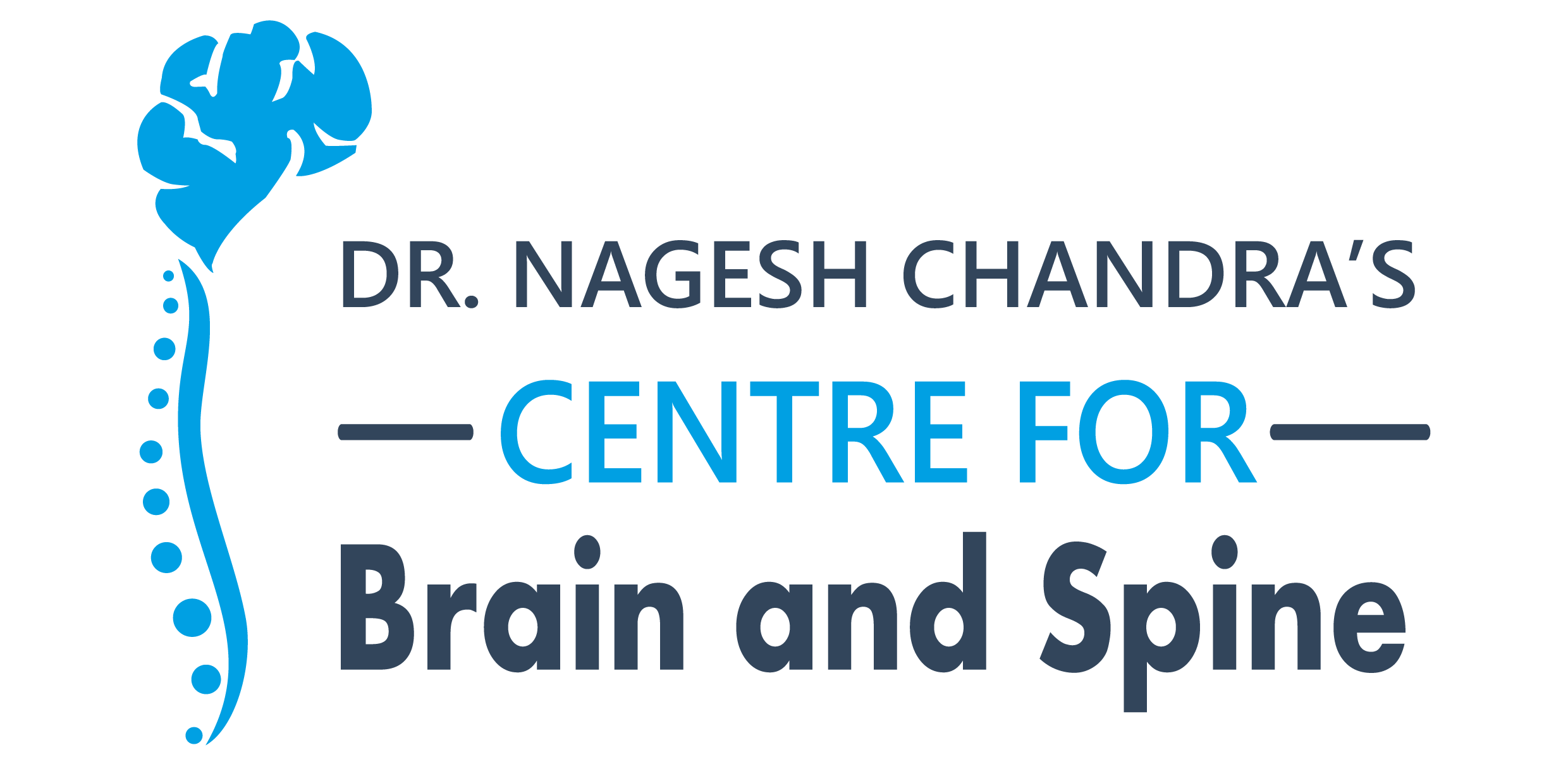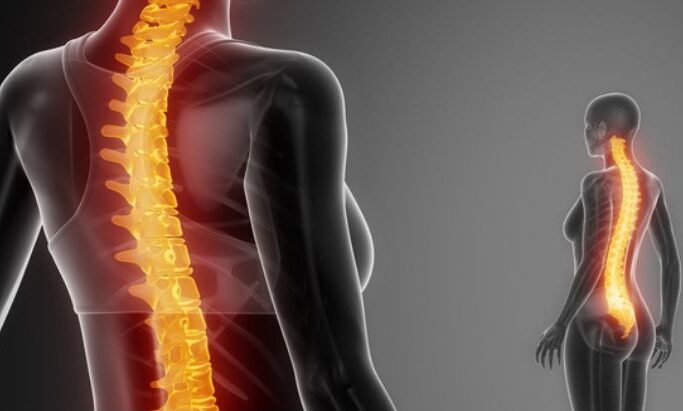Kyphosis is a medical condition that involves an abnormal curvature of the spine, leading to a rounded or hunched back. In this article by one of the best neurosurgeon in Delhi, we will discuss details of kyphosis, exploring its types, causes, symptoms, diagnosis, and available treatments in India.
What is Kyphosis?
Kyphosis is a spinal disorder characterized by an excessive outward curvature of the upper back. This curvature give the appearance of a hunchback or rounded shoulders. The spine has natural curves, including kyphosis, but when the curve becomes more pronounced than usual, it lead to health issues and discomfort.
Types of Kyphosis:
Postural Kyphosis:
This is the most common type and is often a result of poor posture. It is caused by slouching or sitting in a hunched position for extended periods. Improved posture and exercises to strengthen back muscles treats postural Kyphosis.
Scheuermann’s Kyphosis:
Typically starts during adolescence, causing a more rigid curve and Is caused by structural changes in the vertebrae during growth. Bracing for adolescents; surgery in severe cases are needed to treat this condition.
Congenital Kyphosis:
Present at birth due to vertebral abnormalities. Malformation of the spine during fetal development is a major reason. Surgical intervention is a must in severe cases.
Degenerative Kyphosis:
Common in older adults, associated with degeneration of spinal discs due to wear and tear on the spine over time. Physical therapy, pain management, and in severe cases, surgery is suggested.
Causes of Kyphosis:
- Poor Posture: Prolonged slouching or hunching contribute to postural kyphosis.
- Age-related Wear and Tear: The spine naturally undergoes degenerative changes with age, contributing to degenerative kyphosis.
- Abnormal Development: Congenital kyphosis occurs when the spine doesn’t develop correctly before birth.
- Disease or Infection: Conditions like osteoporosis or spinal infections can weaken the spine, leading to kyphosis.
Symptoms of Kyphosis:
- Visible Curvature: The most noticeable symptom is the rounding of the upper back or a hunched appearance.
- Back Pain: Discomfort or pain in the affected area.
- Stiffness: Limited flexibility in the spine.
- Fatigue: Tiredness due to the strain on muscles trying to maintain posture.
Diagnosis of Spine disorder in Delhi:
- Physical Examination: A healthcare provider assesses the curvature, posture, and mobility of the spine.
- Imaging Tests
- X-rays: Provides detailed images of the spine, helping to measure the degree of curvature.
- MRI or CT Scans: Useful in identifying any structural abnormalities or nerve compression.
Kyphosis Treatment in Delhi
You can get treated from a best Spine specialist in Delhi at Centre for Brain and Spine in Dwarka. The treatment options are as follows:
- Physical Therapy: Exercises to strengthen back muscles and improve posture.
- Calcium, protein and Vitamin D: Essential for bone health; a diet rich in dairy products, leafy greens, and exposure to sunlight is beneficial.
- Maintaining Healthy Weight: Excess weight can strain the spine, so a balanced diet and regular exercise are crucial.
- Bracing: For adolescents with Scheuermann’s kyphosis, a brace is recommended to prevent further curvature.
- Pain Management: Over-the-counter or prescription medications to manage pain and inflammation.
Spine kyphosis Surgery in Delhi
- Spinal Fusion: Connects two or more vertebrae to correct the curvature.
- Osteotomy: Removes or reshapes a portion of the spine to improve alignment.
Complications of Kyphosis:
Kyphosis, when left untreated, can lead to various complications. These may include:
- Breathing Difficulties: Severe kyphosis can compress the chest cavity, affecting lung capacity and leading to breathing difficulties.
- Neurological Issues: In some cases, the abnormal curvature may put pressure on the spinal cord, resulting in neurological symptoms such as weakness or numbness in the limbs.
- Pain and Discomfort: Chronic pain, particularly in the back and neck, is a common complication of untreated kyphosis.
- Reduced Quality of Life: The physical limitations and pain associated with kyphosis can impact daily activities and overall quality of life.
- Kyphosis often can be seen as a symptom of Spine Osteoporosis
Exercises for Kyphosis
Exercise is a essential component in managing and improving kyphosis:
- Strengthening Exercises: Focus on exercises that target the back muscles, including rows, extensions, and shoulder blade squeezes.
- Stretching: Incorporate stretches that promote flexibility, especially in the chest and upper back.
- Posture Correction Exercises: Exercises that reinforce proper posture are vital for long-term management.
Prevention of Kyphosis
Spine disorders like Kyphosis can be prevented by following measures:
- Good Posture Habits: Emphasizing the importance of maintaining proper posture, especially during prolonged periods of sitting.
- Regular Exercise: Incorporating activities that promote a strong and flexible spine.
Kyphosis is a condition that can affect individuals of all ages, and understanding its types, causes, symptoms, and treatment options in India is essential. With proper treatment course from a leading neurosugeon in Delhi, individuals with kyphosis can lead fulfilling lives by managing the condition effectively. If you suspect you have kyphosis or are experiencing related symptoms, consult with a Dr. Nagesh Chandra at Centre for Brain & Spine

